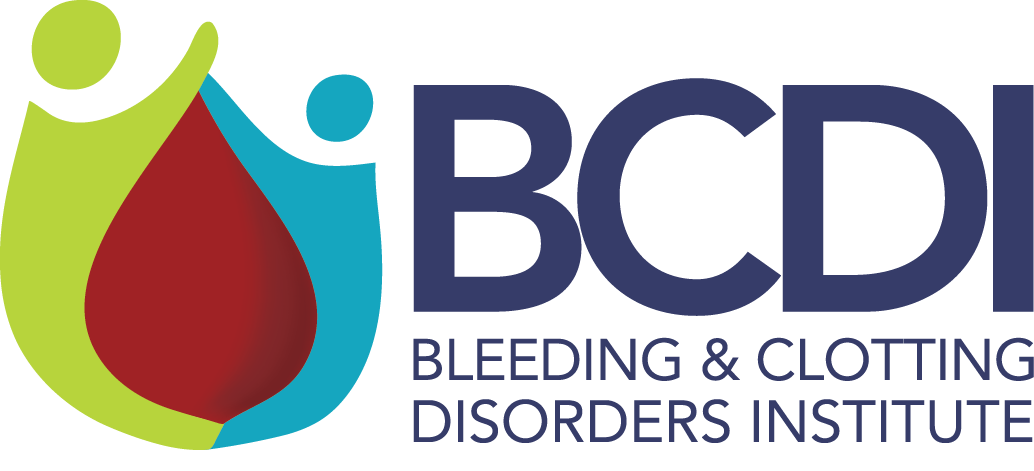The main medication to treat hemophilia A is concentrated factor VIII (FVIII) product, called clotting factor or simply factor. Recombinant factor products, which are developed in a lab through the use of DNA technology, preclude the use of human-derived pools of donor-sourced plasma. And while plasma-derived FVIII products are still available, approximately 75% of the hemophilia community takes a recombinant FVIII product.
These factor therapies are infused intravenously through a vein in the arm or a port in the chest. The Medical and Scientific Advisory Council (MASAC) of the National Hemophilia Foundation encourages the use of recombinant clotting factor products because they are safer. Your doctor or your HTC will help you decide which is right for you.
Patients with severe hemophilia may be on a routine treatment regimen, called prophylaxis, to maintain enough clotting factor in their bloodstream to prevent bleeds. MASAC recommends prophylaxis as optimal therapy for children with severe hemophilia A.
DDAVP (desmopressin acetate) is the synthetic version of vasopressin, a natural antidiuretic hormone that helps stop bleeding. In patients with mild hemophilia, it can be used for joint and muscle bleeds, for bleeding in the mucous membranes of the nose and mouth, and before and after surgery. It comes in an injectable form and a nasal spray.
Aminocaproic acid prevents the breakdown of blood clots. It is often recommended before dental procedures and to treat nose and mouth bleeds. It is taken orally, as a tablet or liquid. MASAC recommends that a dose of clotting factor be taken first to form a clot, then aminocaproic acid, to preserve the clot and keep it from being broken down prematurely.
